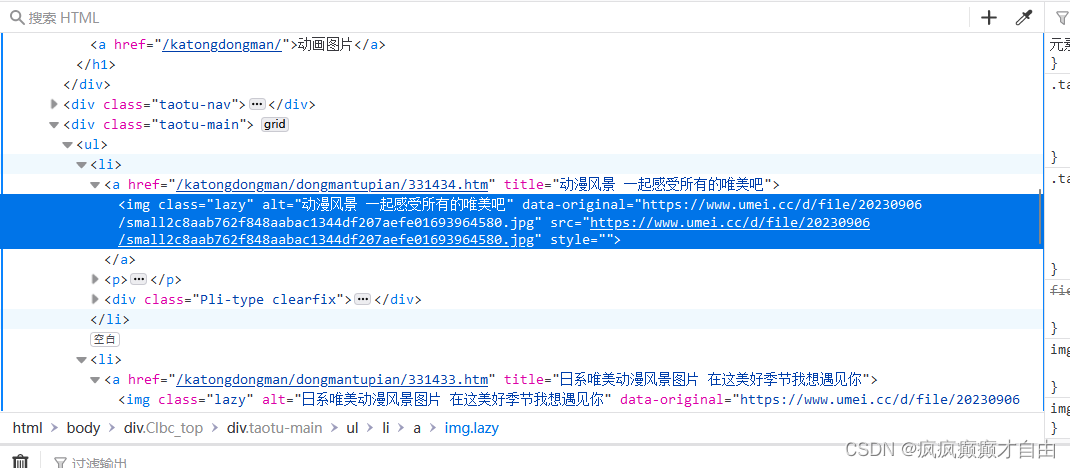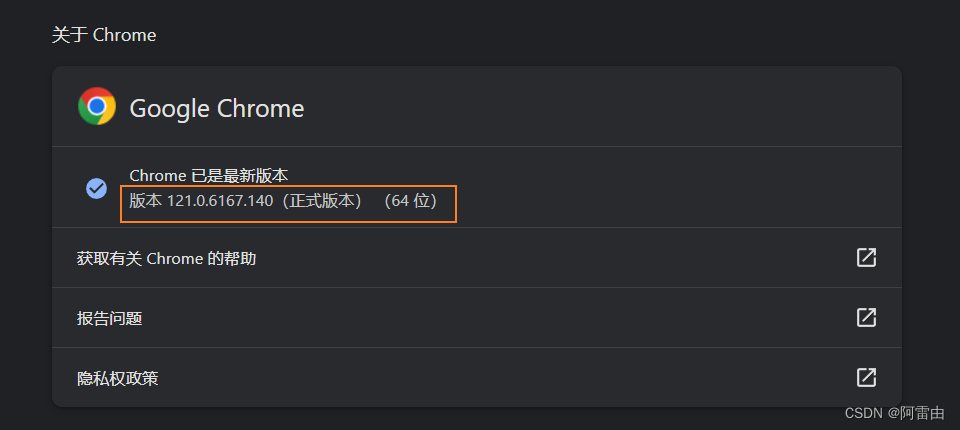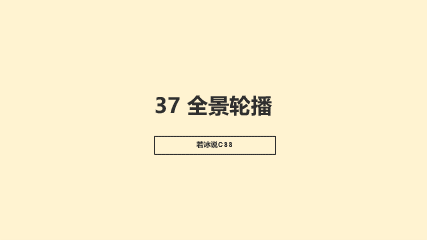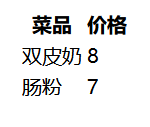本文介绍: 当查看源代码,发现网址在thumbURL之后时,用此代码:当用requests.get请求得到的源代码是html文件,每一行是一个标签时,可以用此代码。
当查看源代码,发现网址在thumbURL之后时,用此代码:
# 当查看源代码,发现网址在thumbURL之后时,用此代码:
import requests
headers = {
'User-Agent':'Mozilla/5.0 (Windows NT 10.0; Win64; x64; rv:121.0) Gecko/20100101 Firefox/121.0',
'Accept':'text/html,application/xhtml+xml,application/xml;q=0.9,image/avif,image/webp,*/*;q=0.8',
'Accept-Encoding':'gzip, deflate, br',
'Accept-Language':'zh-CN,zh;q=0.8,zh-TW;q=0.7,zh-HK;q=0.5,en-US;q=0.3,en;q=0.2'
}
url = input("请输入你想保存的图片的网址:")
response = requests.get(url, headers = headers)
print(response)
print(response.status_code)
file = input("请输入你想图片保存在的文件夹名称:")
import os
os.makedirs(f'./{file}', exist_ok = True)
# 新建目录,用于存储图片
# def makedirs(name, mode=0o777, exist_ok=False):
# 参数说明:
# name:用于指定要创建目录的路径。
# mode:指定目录的模式,默认模式为八进制的 777。类似于 chmod() 方法。
# exist_ok:可选参数,如果值为 False,当要创建的目录已经存在时,抛出 FileExistsError 异常;如果值为True,
# 当要创建的目录已经存在时,不会抛出异常。默认值为 False。
import re
html = response.text
image_url_list = re.findall('"thumbURL":"(.*?)",', html, re.S)
# 用于查找得到thumbURL后面的图片网址,目前还不会正则表达式
# print(image_url_list)
q = 0
for url in image_url_list:
# print(url)
res=requests.get(url)
picture=res.content
q+=1
with open(f'{file}\{q}.jpg',mode='wb') as f:
f.write(picture)
# 在小猫文件夹下保存图片,以q为图片文件名
# 当用requests.get请求得到的源代码是html文件,每一行是一个标签时,可以用此代码
# 当用requests.get请求得到的源代码是html文件,每一行是一个标签时,可以用此代码
import requests
from bs4 import BeautifulSoup
headers = {
'User-Agent':'Mozilla/5.0 (Windows NT 10.0; Win64; x64; rv:121.0) Gecko/20100101 Firefox/121.0',
'Accept':'text/html,application/xhtml+xml,application/xml;q=0.9,image/avif,image/webp,*/*;q=0.8',
'Accept-Encoding':'gzip, deflate, br',
'Accept-Language':'zh-CN,zh;q=0.8,zh-TW;q=0.7,zh-HK;q=0.5,en-US;q=0.3,en;q=0.2'
}
url = input("请输入你想保存的图片的网址:")
response = requests.get(url, headers = headers)
print(response)
print(response.status_code)
file = input("请输入你想图片保存在的文件夹名称:")
# response=requests.get('https://www.umei.cc/meinvtupian/')
response.encoding='utf-8'
# print(response.text)
soup=BeautifulSoup(response.text,'html.parser')
# print(soup)
import os
os.makedirs(f'./图片/{file}', exist_ok=True)
lis = soup.find_all('div',class_="taotu-main")
# print(a)
print("*********")
q=0
t = 0
for l in lis:
if(t == 0):
print(l)
t += 1
p=l.find_all('img')
for i in p:
pic=i.get('data-original')
print(pic)
res=requests.get(pic)
picture=res.content
q+=1
with open(f'图片/{file}\{q}.jpg',mode='wb') as f:
f.write(picture)

原文地址:https://blog.csdn.net/qq_51825761/article/details/135706160
本文来自互联网用户投稿,该文观点仅代表作者本人,不代表本站立场。本站仅提供信息存储空间服务,不拥有所有权,不承担相关法律责任。
如若转载,请注明出处:http://www.7code.cn/show_59276.html
如若内容造成侵权/违法违规/事实不符,请联系代码007邮箱:suwngjj01@126.com进行投诉反馈,一经查实,立即删除!
声明:本站所有文章,如无特殊说明或标注,均为本站原创发布。任何个人或组织,在未征得本站同意时,禁止复制、盗用、采集、发布本站内容到任何网站、书籍等各类媒体平台。如若本站内容侵犯了原著者的合法权益,可联系我们进行处理。





![BUUCTF-[GYCTF2020]FlaskApp flask爆破pin](https://img-blog.csdnimg.cn/direct/e294db54932142a78a02e769a10c52e5.png)

